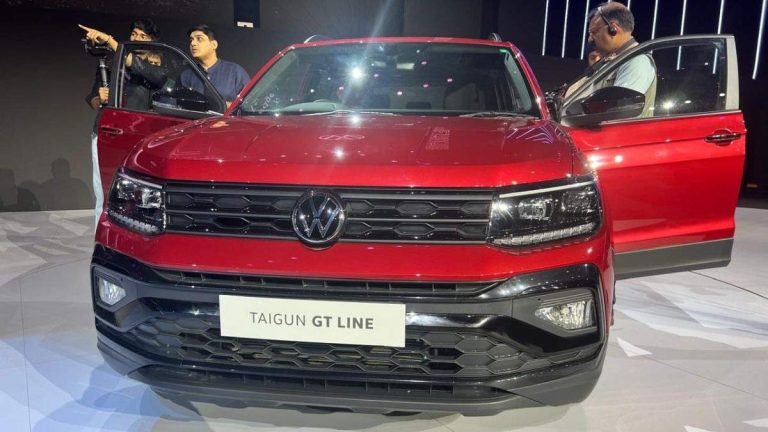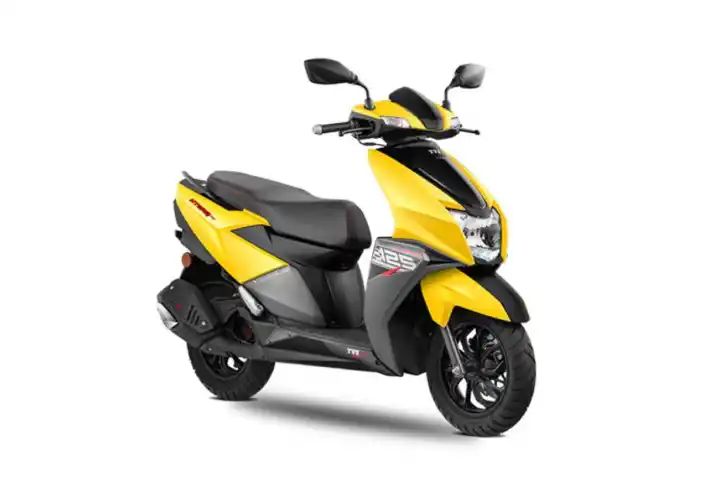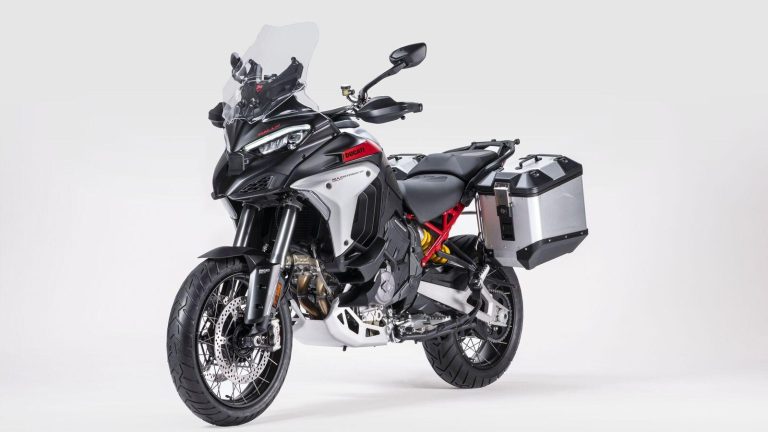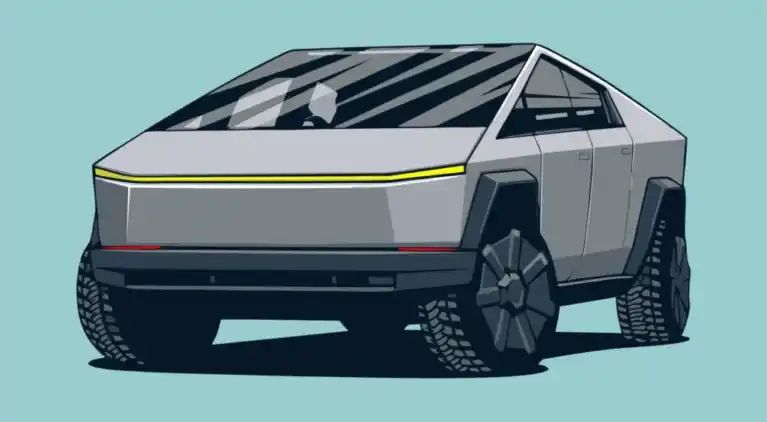Tesla in Talks with Reliance Industries for Potential Partnership in India: Report

Tesla Inc. It is eyeing a local partnership with Reliance Industries Limited (RIL) to establish its operations in the country. According to a report in The Hindu Businessline, the US electric car giant is considering a joint venture with Reliance to build a manufacturing facility. With a budget of $2 billion earmarked for its efforts in India, Tesla is actively surveying potential locations for its manufacturing plant. According to the report, Gujarat and Maharashtra are at the forefront with Maharashtra getting priority.
Tesla CEO Elon Musk confirmed the company’s entry into India during an X (formerly Twitter) Space session with Norges Bank Investment Management CEO Nikolai Tangen. Expressing India’s importance in the global electric vehicle market, Musk said, “India should have electric cars like every other country has electric cars.” Senior Tesla officials are expected to visit India within the next month to finalize the location of the plant and cement the joint venture with Reliance. However, talks with Reliance are not exclusive, leaving room for Tesla to explore other local partnerships if needed, the report highlighted.
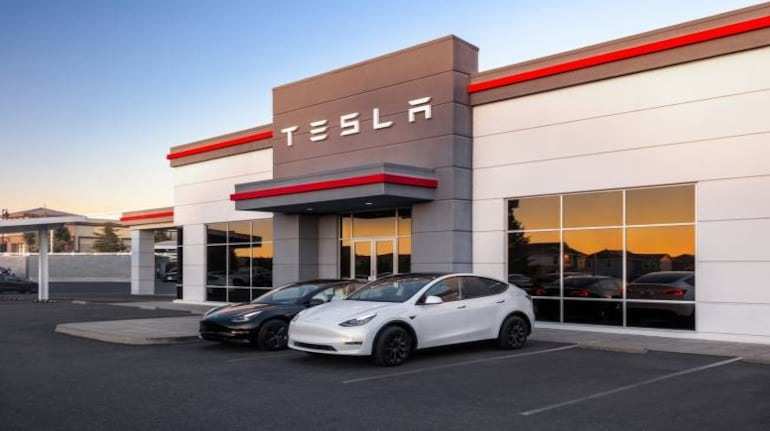
The move follows the Union government’s approval of the Electric Vehicle (EV) Policy in March, which aims to position the country as a leading global hub for EV manufacturing. The policy mandates a minimum investment of Rs 4,150 crore (around $500 million) with no maximum investment limit, aimed at attracting investment from prominent global EV manufacturers. Further, the policy sets a three-year timeline for setting up manufacturing facilities, starting commercial production of EVs and achieving 50 percent domestic value addition (DVA) within a maximum of five years.
This policy covers investment made on imported EVs or Rs. 6,484 crore (equivalent to incentives under the PLI scheme) whichever is less limits the duty. It also outlines import limits, allowing a maximum of 40,000 EVs annually if investment exceeds $800 million, with an annual limit of 8,000 vehicles. Unused import limits can be carried over, the policy clarifies.


